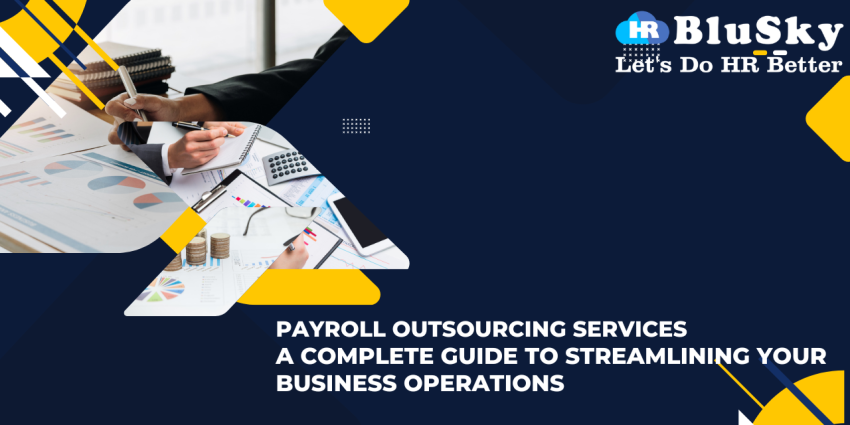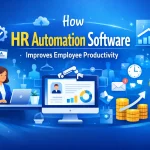The Importance of Regular Payroll Audits
Regular payroll audits are crucial for maintaining accuracy and compliance. Specifically, these audits help identify discrepancies and potential errors that could lead to significant financial repercussions. Moreover, conducting regular reviews allows businesses to ensure that they are adhering to the latest labor laws and tax regulations. Consequently, this proactive approach can prevent costly penalties and safeguard the organization’s reputation. Additionally, routine audits provide valuable insights that can enhance payroll processes and improve overall efficiency.
Leveraging Payroll Data for Strategic Decision-Making
Utilizing payroll data can significantly enhance strategic decision-making within an organization. For instance, analyzing payroll trends allows HR professionals to identify patterns in employee turnover, which can inform recruitment strategies. Furthermore, by examining compensation data, organizations can ensure that they remain competitive in their industry. As a result, data-driven insights facilitate informed decisions that align with the organization’s goals. Moreover, leveraging payroll data helps HR teams advocate for necessary changes that enhance employee satisfaction and retention.
The Impact of Employee Training on Payroll Management
Investing in employee training is essential for effective payroll management. First and foremost, well-trained staff are more adept at using payroll software and understanding regulatory compliance. Consequently, this reduces the risk of errors and ensures that payroll is processed accurately and efficiently. Furthermore, ongoing training programs keep employees updated on the latest payroll practices and technologies. As a result, organizations benefit from improved productivity and enhanced employee confidence in their roles.
Integrating Payroll with Other HR Functions
Integrating payroll with other HR functions can create a more streamlined workflow. Specifically, when payroll is connected to recruitment, performance management, and benefits administration, organizations can ensure consistency across all HR processes. Moreover, this integration minimizes the need for manual data entry, which reduces the risk of errors and saves time. Consequently, HR teams can focus on strategic initiatives rather than getting bogged down by administrative tasks. Furthermore, integrated systems enhance data accuracy and provide a holistic view of employee information.
Understanding the Cost-Benefit Analysis of Payroll Outsourcing
Conducting a cost-benefit analysis of payroll outsourcing is essential for informed decision-making. Initially, businesses should evaluate the direct costs associated with outsourcing, such as service fees and potential savings on in-house payroll staff. Additionally, organizations must consider the long-term benefits, including increased efficiency and reduced compliance risks. Consequently, this analysis helps identify whether the investment in outsourcing aligns with organizational goals. Moreover, understanding the return on investment (ROI) is crucial for making sound financial decisions regarding payroll management.
The Role of Communication in Successful Payroll Outsourcing
Effective communication is vital for a successful payroll outsourcing partnership. For instance, maintaining open lines of communication with the outsourcing provider ensures that both parties are aligned on expectations and processes. Moreover, clear communication helps address any issues or changes promptly, preventing misunderstandings that could disrupt payroll operations. Consequently, organizations should establish regular check-ins and feedback loops to facilitate collaboration. Furthermore, fostering a strong relationship with the provider enhances the overall payroll experience and contributes to ongoing success.










